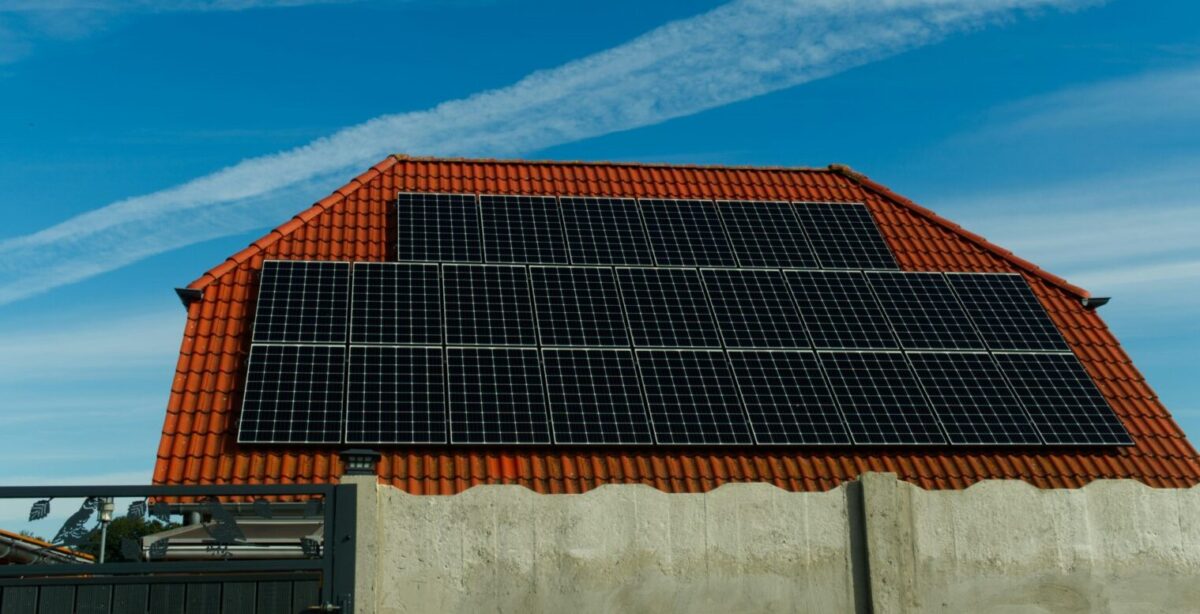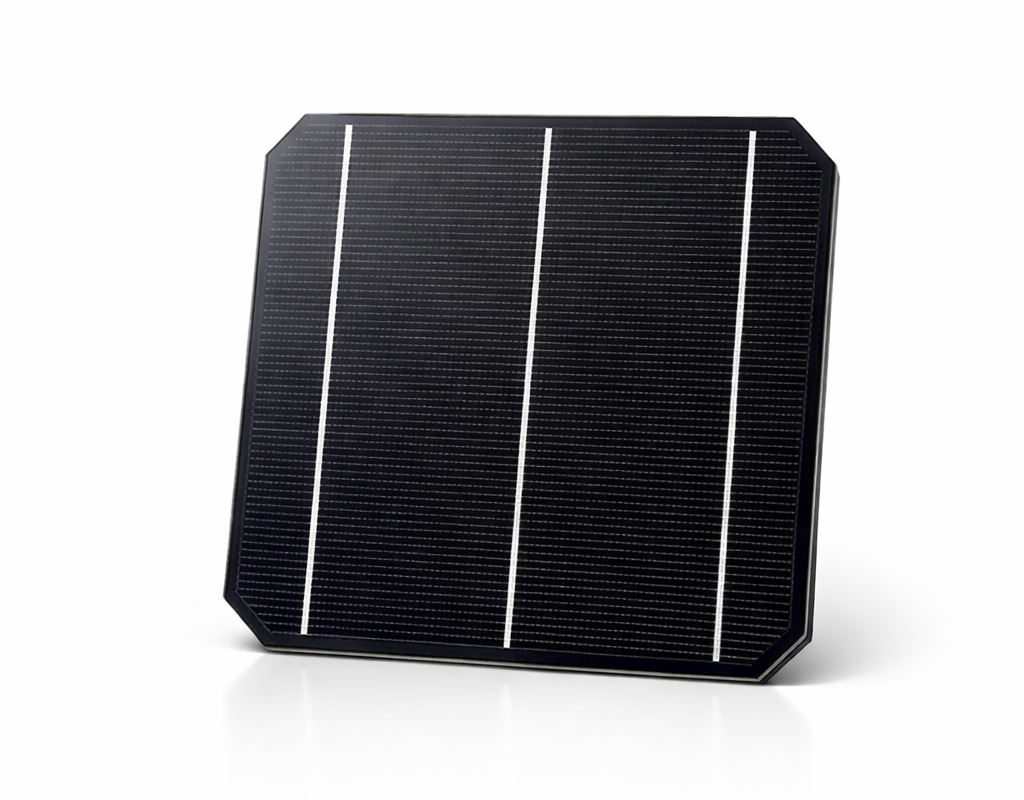The newly formed government coalition in the Netherlands has announced that it will phase out the country's net-metering scheme from Jan. 1, 2027.
The coalition includes the ring-wing populist Party for Freedom (PVV), the conservative-liberal Party for Freedom and Democracy (VVD), the New Social Contract (NSC) Party, and the right-wing populist Farmer-Citizen Movement (BBB) Party.
The proposal was included in the coalition's preliminary budget proposal.
“The energy transition should be aimed to reduce existing and new dependences,” the coalition said in a statement. “It is crucial that this is not at the expense of people with a small budget, such as the bakery on the corner and the handyman company.”
The coalition also plans to scrap a requirement to install heat pumps in new buildings and to prioritize the management of the country's grid-congestion issues.
In mid-February, the Dutch parliament rejected a proposal to phase out the country's net-metering scheme from 2025. The proposal was first submitted by former Energy Minister Rob Jetten in February 2023. The lawmakers who submitted the proposal had argued that net metering is now becoming a way of over-subsidizing rooftop PV, given the recent steep drop in module prices.
The solar sector was not against the proposal, in principle. For example, the Holland Solar trade group said that maintaining the net-metering mechanism would put the brakes on the long-term growth of the rooftop solar market. It claimed that the proposal would still ensure the further development of the residential PV segment in the country, but only if specific incentive schemes for batteries were introduced.
In 2021, Energy Storage NL and Netbeheer Nederland, the Dutch association of electricity and gas network operators, proposed the phasing-out of the net-metering regime, in combination with a rebate program for storage systems.
They said that would make it possible to bring battery technologies to commercial maturity in the Dutch market by as early as this year. They said that solar capacity has been growing too quickly and that grid bottlenecks are becoming a serious issue, especially for the nation's low-voltage network.
This content is protected by copyright and may not be reused. If you want to cooperate with us and would like to reuse some of our content, please contact: editors@pv-magazine.com.




3 comments
By submitting this form you agree to pv magazine using your data for the purposes of publishing your comment.
Your personal data will only be disclosed or otherwise transmitted to third parties for the purposes of spam filtering or if this is necessary for technical maintenance of the website. Any other transfer to third parties will not take place unless this is justified on the basis of applicable data protection regulations or if pv magazine is legally obliged to do so.
You may revoke this consent at any time with effect for the future, in which case your personal data will be deleted immediately. Otherwise, your data will be deleted if pv magazine has processed your request or the purpose of data storage is fulfilled.
Further information on data privacy can be found in our Data Protection Policy.